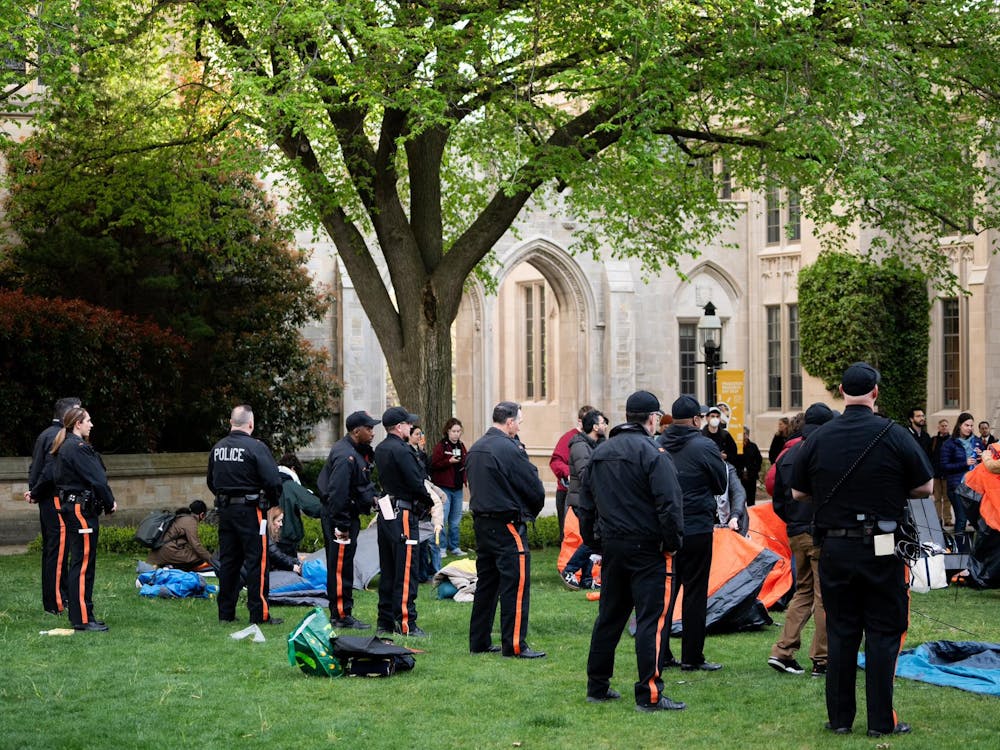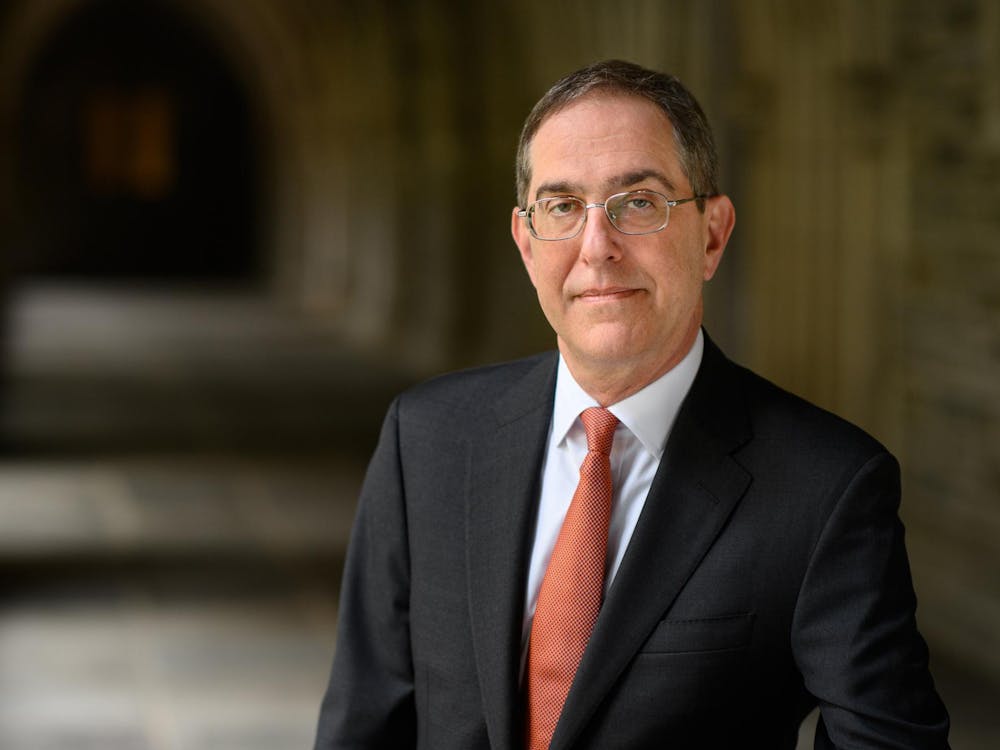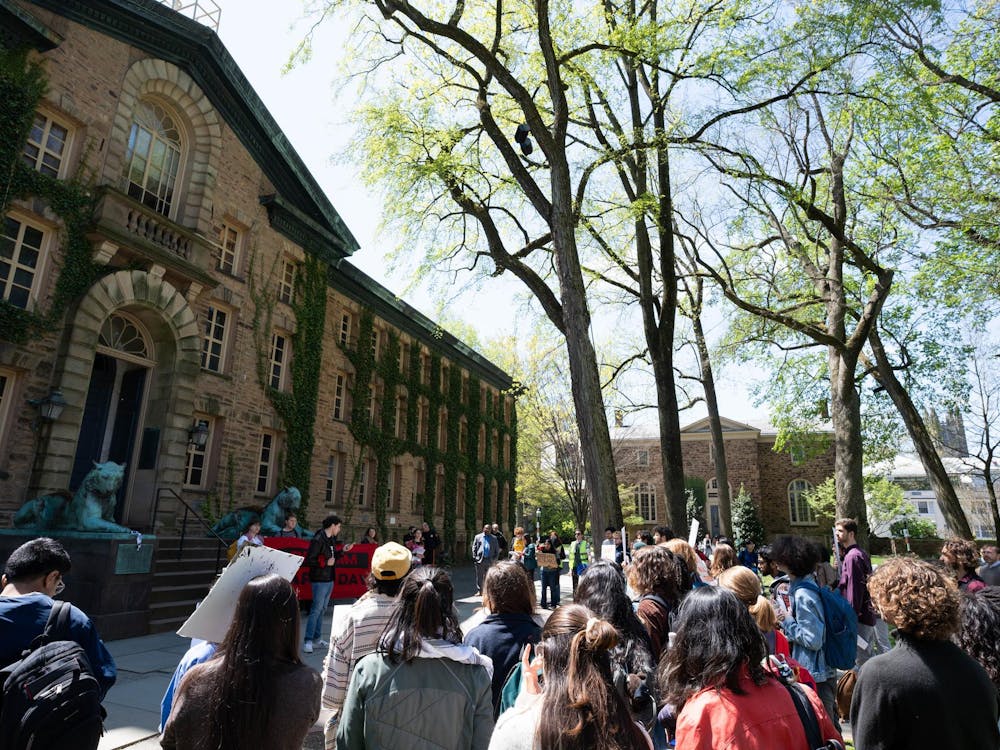The world has been watching Paris, and when Prime Minister of Israel Benjamin Netanyahu told the Jews of France “the state of Israel is your home,” the world understood what he implied: Flee, for you know you are not welcome in France. Flee, for France was never your home. Flee, as you have for generations. Flee, for there is no hope.
My extended family is caught in this identity pretzel: French. Jewish. Immigrant. Citizen. Human.
Although France has the world’s third largest Jewish population, it is also the most rapidly dwindling one: More than 6,000 French Jews fled in 2014 alone, the largest exodus from any other nation to Israel. But this is not about who is leaving France or where they are going; it’s about who is staying.
First, Netanyahu’s call for emigration raises questions of home within and outside of France and fails to see the role of choosing to live in France as integral to fostering a safe, diverse society. Netanyahu implied that France is not “home” for French Jews, merely some sort of transient, unwelcoming place to settle for a while. If French Jews are to truly thrive, they must live among non-Jews and be able to connect, as people and as fellow French citizens. The breakdown of stereotypes and dissolving of hatred will only come with coexistence. To politely imply that the Jewish people should leave France is an erasure of an important version of the shared history of France.
Second, the Prime Minister exaggerates the level of danger in Paris by narrowly focusing on recent events. Paris, despite certain reports, is not a war zone. I understand why some are pointing to the attack at Hyper Cacher on Jan. 9 as an example of instability and lack of security for Jewish people living in France. It is also certainly not the only anti-Semitic attack in recent memory. From the vicious kidnapping and murder of Ilan Halimi, a 23-year-old Jewish man of Moroccan descent, to the attack on the Ozar Hatorah school in Toulouse, a well-picked group of headlines can serve as a fabulous scare tactic. Such scare tactics, at the very least, stunt tolerance, and at the very worst, traumatize the population who needs support in this moment more than ever. To call on the Jewish residents of France to flee their home is to recognize neither the potential for assimilation nor the possibility of peace.
Third, the people of France, including their government, have a proven record of holding themselves accountable for past crimes against their Jewish population with the purpose of creating a safe home for this community. Long before these attacks, France has been active in remembering crimes against its Jews. In my opinion, France has succeeded in creating some of the most effective public displays of historical memory in the world. Outside every school where children were deported during World War II is a dedicated plaque that reads: “à la mémoire des élèves de cette école déportés de 1942 à 1944 parce qu'ils étaient nés juifs, victimes innocentes de la barbarie nazie avec la complicité active du gouvernement de Vichy. Ne les oublions jamais.” It translates to: In memory of the students of this school who were deported between 1942 and 1944 because they were born Jewish, the innocent victims of the barbaric Nazi regime along with the active collusion of the Vichy government. We never forget them.
In theory, assimilation is easy. In theory, acceptance is possible. In theory, post-Charlie Hebdo Paris is much more welcoming to its Jewish, Muslim and many other varied minority populations. In reality, assimilation and acceptance are tiring processes whose fruits are only known by those generations long after the ones who sowed the seeds. This is not an excuse; France’s Jews should seize this moment of terror and use it as a uniting force for reconciliation.
Le Marais, the heart of the Jewish quarter of Paris, bustles as usual with its numerous falafel vendors, but now there are armed guards standing alongside hungry customers. The falafel vendors often gift the guards a kebab or pita bread sandwich in gratitude for their protection — it is in these small interactions between communities that Paris will mend her shattered trust.
France is fighting itself in the present; France is fighting for its future. My family is every bit as French as their Catholic or Muslim or Atheist or Anything neighbors. We must believe in France’s ability to take care of its minority citizens. We must believe in the power of diversity. We must believe that Jewish people have the right to remain where they call home.
In 1894, Alfred Dreyfus, a French Jew, was accused of espionage and convicted of treason.Émile Zola, a prominent French writer, famously wrote an open letter “J’accuse” (I accuse) to the French government calling out the anti-Semitism in the original accusation, causing an investigation into the evidence that was determined to be baseless; Dreyfus was exonerated.
Prime Minister Netanyahu, J’accuse. I accuse you of hurting the Jewish people by implying we should self-segregate. I accuse you of irresponsibly underestimating the power of acceptance that absolutely is possible in Paris. I accuse you of hindering our potential to teach our religion and learn about others’ religions and love the diversity that enriches our Jewish history — Jewish history that lives in so many places outside of Israel. After all, the Judaism I am proud of was born of fearless leaders who believed in universal truths, who stood tall in the face of injustice and violence and believed in their right to practice their prayers wherever they called home.
Azza Cohen is a history major fromHighland Park, Ill. She can be reached at accohen@princeton.edu.









